When Bassem Youssef schooled the Nelk Boys about their interview with Israeli Prime Minister Benjamin Netanyahu, it exposed a growing problem at the intersection of influencer culture and serious geopolitical issues. The popular YouTube group wore suits to interview Netanyahu in what became a widely criticized political segment. However, their apparent lack of preparation and understanding of the complex situation quickly became evident.
During a subsequent confrontation, Youssef didn’t hold back, specifically telling the Nelk Boys, “You need to stop infantilizing yourself. It’s like we’re just stupid people doing stupid stuff. You’re 30 years old and you need to be aware of what’s happening in the world and that your reach and your platforms mean something and it affects people”. This exchange highlighted the real-world consequences of uninformed commentary, as Youssef pointed out incidents like a Palestinian child being attacked in the aftermath of October 7th. Essentially, what began as content creation crossed into dangerous territory when the Nelk Boys platformed controversial viewpoints without critical examination or pushback.
This article examines the full context of this confrontation, how Bassem Youssef effectively challenged the Nelk Boys’ approach, and why this exchange matters in today’s media landscape, where influence comes with responsibility.
The Nelk Boys’ Interview with Netanyahu: What Happened
The setup and release of the episode
Israeli Prime Minister Benjamin Netanyahu appeared on the Nelk Boys’ “Full Send Podcast” in an hour-long interview recorded at Blair House on July 8 while Netanyahu was in Washington, D.C. to meet with Trump. The episode dropped on Monday, July 22, 2025, shocking many followers of the popular YouTube group known primarily for prank videos and content featuring young women in bikinis.
Before bringing Netanyahu on, podcast co-host Kyle Forgeard admitted, “Probably going to be a lot of hate in the comments and stuff,” while Aaron “Steiny” Steinberg justified the interview by saying, “We’re journalists, right? How can you pass up this opportunity at the end of the day?”.
Why the interview sparked backlash
The interview immediately drew criticism for the hosts’ apparent lack of preparedness. Forgeard openly confessed, “I see so much stuff about what’s going on in Israel and Iran and Palestine, and to be honest, I just really don’t know what is going on there”. Similarly, Steinberg mentioned he was “hoping to get educated” by interviewing Netanyahu.
Throughout the 70-minute conversation, the Nelk Boys asked largely softball questions, including:
- “What would you say is your greatest accomplishment?”
- “What’s your go-to at McDonald’s?”
- “You like Burger King over McDonald’s?”
While they did ask Netanyahu, “Why do they say Israel is, like, starving the people of Gaza?” they failed to press further, allowing him to promote Israel’s perspective without interruption.
How the internet responded
Following the release, the podcast’s YouTube channel lost more than 10,000 subscribers within a day, according to Social Blade. The comment section is filled with harsh criticism, with one top YouTube comment stating: “Holy shit this is insane. War criminal. You will be remembered for centuries for this interview”.
Subsequently, Forgeard and Steinberg hosted a livestream featuring political commentators from across the spectrum. Notably, leftist streamer Hasan Piker told them, “You just basically presented someone who is a war criminal, someone who is doing a genocide, in a somewhat neutral light,” and compared it to “interviewing Adolf Hitler during the Holocaust”. Even far-right figure Nick Fuentes criticized the interview as “a bad move”.
In response, the Nelk Boys admitted, “We’re probably not the best at asking questions,” but defended their approach: “We leave it up to you guys as the viewer to form your own intelligent opinion”.
Who is Bassem Youssef, and why does he speak out
Background on Bassem Youssef
Unlike most political commentators, Bassem Youssef began his professional life as a cardiac surgeon. Initially practicing medicine for 13 years, he underwent a dramatic career shift in 2011 amid the Egyptian Revolution. Between surgeries, Youssef started filming short satirical YouTube videos from his laundry room, critiquing state media’s portrayal of protesters. These clips quickly accumulated millions of views, ultimately landing him a television deal that would transform him into a household name throughout Egypt and beyond.
His history of political satire and activism
Often dubbed “the Egyptian Jon Stewart”, Youssef created Al-Bernameg (The Show), which became the first-ever satirical comedy program directed at the Egyptian government on a major TV channel. The program reached unprecedented popularity, attracting 40 million viewers weekly – approximately 40% of Egypt’s population. Throughout its run, the show remained controversial for its bold criticism of ruling powers, first targeting Islamists and later the military regime. Consequently, Youssef faced numerous lawsuits, death threats, and even an arrest warrant in 2013. Eventually, mounting pressure forced him to cancel his show and flee Egypt in 2014.
Why did he choose to confront the Nelk Boys?
Recognized globally for speaking truth to power, Youssef appeared on the Nelk Boys’ podcast specifically to address their platforming of Netanyahu without proper context or pushback. As someone who risked his life challenging propaganda in Egypt, Youssef felt compelled to confront their irresponsible approach to serious geopolitical matters. His frustration stemmed from seeing influencers with massive reach presenting one-sided narratives about complex situations.
How Bassem Youssef Schooled the Nelk Boys
Calling out their lack of preparation
Bassem Youssef directly addressed the Nelk Boys’ failure to prepare for their Netanyahu interview: “Your biggest mistake was that you were not prepared, not informed, and didn’t put in enough effort to inform yourself”. Instead of merely criticizing, he pointed out how this lack of preparation allowed dangerous narratives to go unchallenged.
Exposing the propaganda tactics
Throughout his appearance, Youssef demonstrated how satire effectively dismantles propaganda. He explained, “When you laugh at someone, you are not scared of them anymore. When you ridicule their lies, they have no leg to stand on”. Youssef clarified that propaganda creates alternate realities through emotional manipulation rather than facts.
Challenging the narrative on Palestine
Referring to Netanyahu’s talking points, Youssef stated, “The talking point that he used is the same talking point that has been used for 2 years to kill thousands of people“. He emphasized the power imbalance: “It is not a conflict between two equals. It’s occupation. One side has all power”.
Holding influencers accountable
Perhaps most effectively, Youssef refused to accept their youth as an excuse: “You guys are not little kids. You are fucking 30 years old… You need to stop infantilizing yourself”. He reminded them, “Your reach and your platforms mean something, and it affects people”.
The emotional and factual tone he used
Despite the serious subject matter, Youssef maintained composure while speaking the truth. As one observer noted, “He stayed calm, used clear examples and tried to open their eyes”. His approach combined emotional appeal with factual precision, particularly effective given that his connection to his wife’s family remains trapped in Gaza.
The Bigger Picture: Media, Influence, and Responsibility
The danger of platforming without pushback
The interaction between Bassem Youssef and the Nelk Boys highlights a fundamental issue in today’s media landscape. The media’s role as an arena for debate and a source of accountability diminishes when platforms fail to challenge questionable claims. Unchallenged interviews allow false narratives to flourish, fundamentally weakening democratic discourse. In this context, politicians engaged in spreading propaganda face little resistance when interviewed by influencers lacking critical interviewing skills.
How influencers shape political discourse
Influencers increasingly outperform traditional media channels in reach and engagement:
- Interviews with influencers generate nearly 10 times more views than mainstream media
- Political influencers now function as opinion leaders who shape public opinion
- Younger audiences pay more attention to influencers than to traditional news sources
Moreover, many lack journalistic training or editorial oversight, making them susceptible to spreading misinformation. As seen with the Nelk Boys, their massive reach, coupled with minimal preparation, creates a dangerous combination.
The role of satire in truth-telling
First thing to remember about satire is its ability to challenge powerful narratives through humor. Throughout history, satirists have exposed hypocrisy and corruption by highlighting absurdities. Not only does satire make complex issues more digestible, but it also serves as a form of resistance in repressive environments. Above all, Youssef demonstrated how satire effectively disarms propaganda through ridicule.
What does this mean for future interviews?
Clearly, content quality still matters. Interviews that appear staged or disingenuous fail regardless of an influencer’s popularity. Audiences value authentic exchanges that push for truth. In fact, channels with direct questioning styles often outperform those with larger subscriber bases. Moving forward, influencers must balance their reach with responsibility, recognizing their significant impact on political discourse.
Explore more in our Israel–Palestine Conflict category for in-depth analysis and the latest updates on this ongoing issue.
Final Thoughts
The confrontation between Bassem Youssef and the Nelk Boys highlights a growing phenomenon in our information ecosystem. Currently, about one-in-five Americans get news from social media influencers, with this number jumping to 37% among adults under 30. These influencers shape perceptions even though 77% have no background in journalism.
Youssef himself rejects being labeled an activist, stating clearly: “I don’t want to be defined as an activist or a freedom fighter. It’s not my job”. Nonetheless, his intervention demonstrates how comedy and satire can effectively counter propaganda when traditional media fail.
Furthermore, the incident raises questions about transparency and accountability. Studies recommend regulatory modernization and increased platform transparency to strengthen oversight of influencers in political discourse. Indeed, as social media continues blurring entertainment and news, audiences need stronger media literacy skills.
Ultimately, this exchange wasn’t simply about schooling unprepared podcasters – it exposed fundamental questions about responsibility in the digital age. When influencers with massive followings platform political figures without critical examination, they risk becoming unwitting participants in propaganda efforts.
The Nelk Boys incident serves as a case study in what happens when the pursuit of viral content intersects with complex geopolitical realities, altogether demonstrating why influence without information creates dangerous blind spots.
FAQs
Q1: Who are the Nelk Boys, and why did they interview Benjamin Netanyahu?
The Nelk Boys are a group of YouTube influencers known for prank videos and lifestyle content. In July 2025, they interviewed Israeli Prime Minister Benjamin Netanyahu on their “Full Send Podcast.” The interview was widely criticized for lacking research and seriousness, especially given the gravity of ongoing violence in Gaza.
Q2: Why did the interview with Netanyahu receive backlash?
The backlash stemmed from the Nelk Boys asking shallow questions and failing to challenge or fact-check Netanyahu’s talking points. Critics accused them of normalizing a controversial political figure without understanding the ethical implications.
Q3: What did Bassem Youssef say to the Nelk Boys?
Bassem Youssef called out their irresponsibility, stating, “You need to stop infantilizing yourself… your platforms affect people.” He criticized their lack of preparation and explained how such uncritical interviews can spread harmful propaganda.
Q4: Who is Bassem Youssef?
Bassem Youssef is an Egyptian former cardiac surgeon turned political satirist. Often called the “Jon Stewart of the Arab World,” he’s known for using humor to expose state propaganda and authoritarianism, particularly during and after the Egyptian Revolution.
Q5: Did the Nelk Boys respond to the criticism?
Yes, the Nelk Boys admitted they were unprepared and “probably not the best at asking questions.” However, they defended themselves by saying they let the audience “form their own intelligent opinion.”
Q6: What was the public reaction after the interview?
The Nelk Boys lost over 10,000 YouTube subscribers in a single day. Many viewers and influencers across the political spectrum condemned the interview. Some compared it to giving a platform to a war criminal without accountability.
Q7: What point was Bassem Youssef trying to make?
Youssef emphasized that influencers with massive platforms can’t afford to be ignorant. He urged content creators to take their impact seriously, especially when interviewing political leaders during times of war.
Q8: Why is this issue important in today’s media landscape?
As social media influencers increasingly replace traditional journalists, the risk of misinformation rises. The Nelk Boys case illustrates the dangers of influence without responsibility, especially in geopolitically sensitive situations like the Israel–Palestine conflict.
Q9: How did satire play a role in Youssef’s message?
Youssef used satire to dismantle the narrative presented by Netanyahu and to emphasize that humor, when used critically, can reveal deeper truths and challenge propaganda more effectively than passive interviews.
Q10: What should influencers learn from this incident?
Influencers must understand that their reach has consequences. When they engage with political figures, especially during global crises, they must be informed, responsible, and prepared to challenge narratives, not just chase clout.

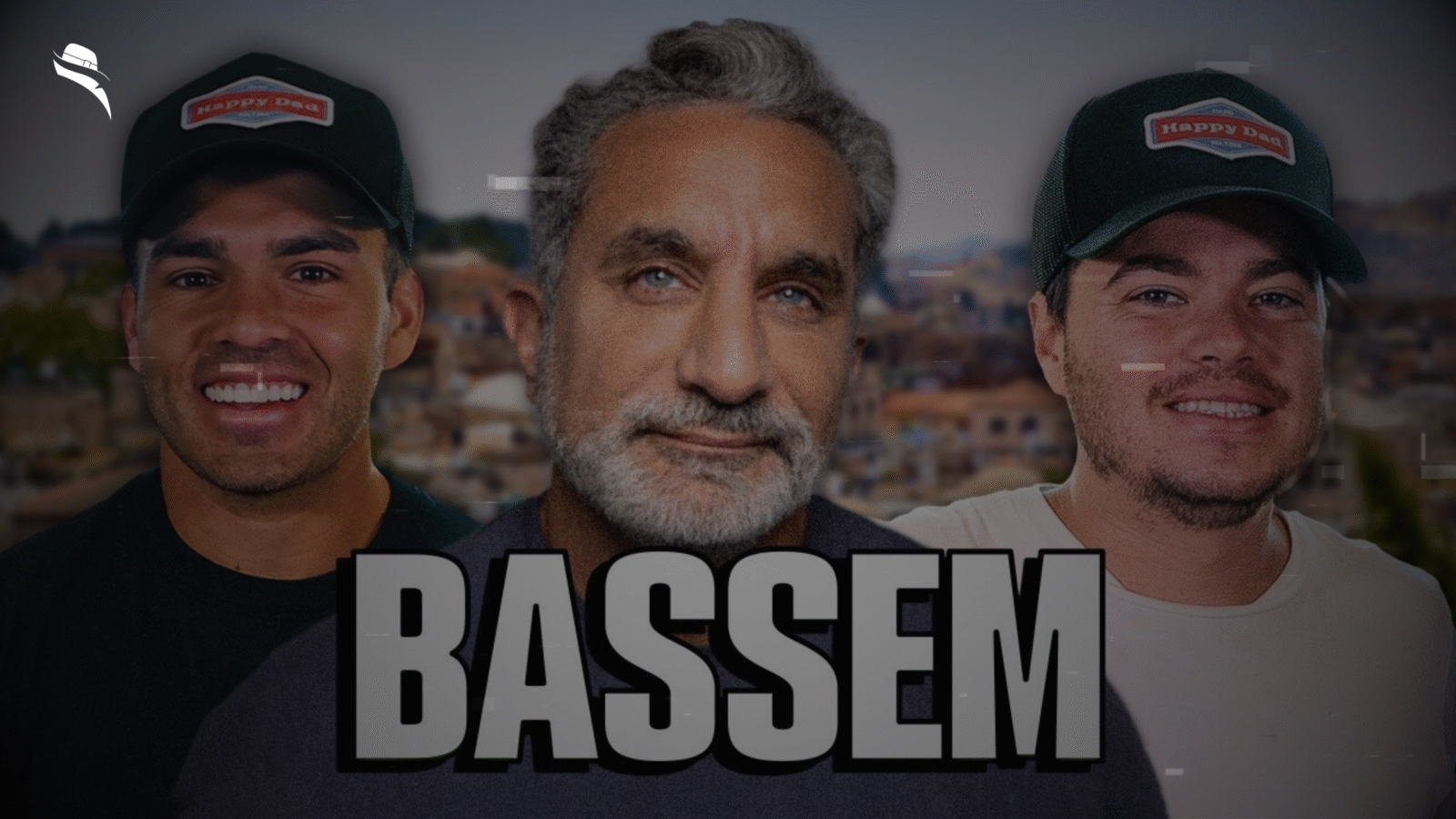
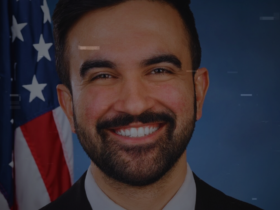
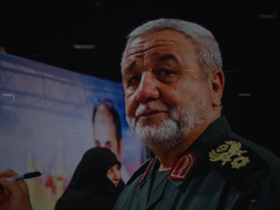
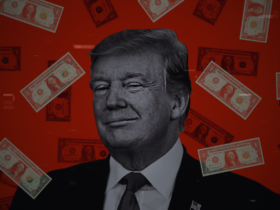
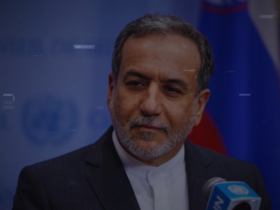

Leave a Reply